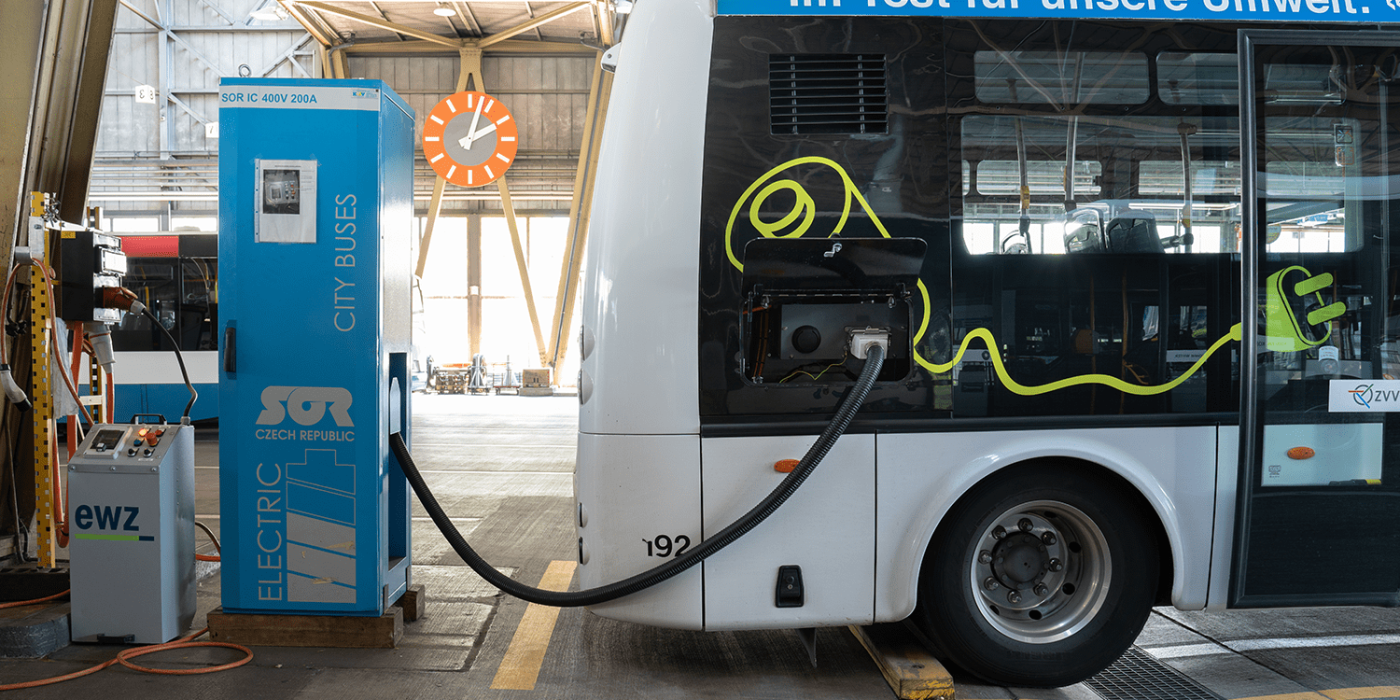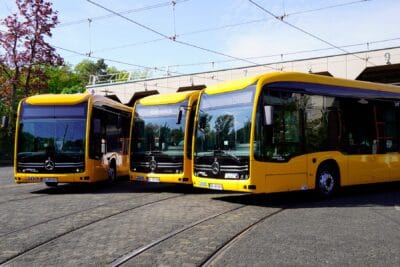UN Climate Conference initiates Global E-Mobility Program
At the UN Climate Change Conference (COP25) in Madrid, the Global Environment Facility (GEF) has launched the ‘Global E-Mobility Program’ to help 17 developing countries initiate the use of electric vehicles on a large scale.
The programme aims to help the 17 countries improve air quality and reduce dependence on fossil fuels with a budget of 33 million US dollars. The Global E-Mobility Program is the first coordinated global effort to promote and accelerate the spread of e-mobility in developing countries.
The program is not about concrete sales promotion, such as premiums, tax rebates or similar measures, but is designed to help governments develop strategies to promote access to finance for private and commercial customers, private sector involvement and technology transfer. Three regional platforms are to be created – one each for Africa, Asia/Pacific and Latin America/Caribbean. The program will support the introduction of electric bus fleets, two-wheelers, tricycles, trucks, light commercial vehicles and private vehicles.
To implement these strategies, the project has access to additional funds beyond GEF funding. According to the GEF press release, the E-Mobility Program can co-finance “more than $400 million from the European Commission, the Asian Development Bank and several other national institutions, international financial and philanthropic organisations and the private sector”.
“Globally there will be twice as many vehicles on the road by 2050 – with nearly all of the projected growth taking place in developing countries, where air pollution is already a major challenge in many cities,” said Gustavo Fonseca, GEF Programme Director. “We see tremendous benefit from governments opting to phase-out internal combustion engines, both in terms of lower emissions and improved quality of life,” the GEF Programme Director explained.
The first group participating countries includes one European country, Ukraine. Otherwise, GEF is working with Antigua and Barbuda, Armenia, Burundi, Chile, Costa Rica, India, Ivory Coast, Jamaica, Madagascar, Maldives, Peru, Seychelles, Sierra Leone, St Lucia, Togo and Uzbekistan as part of the Global E-Mobility Program.
Timur Gül, Head of the Energy Technology Policy Division at the IEA revealed that “According to the IEA’s Global EV Outlook 2019, emerging economies could account for around 60% of the world’s electric vehicle fleet by 2030.” He explained: “We, therefore, welcome this new global electric mobility program that builds on existing platforms like the Clean Energy Ministerial’s Electric Vehicle Initiative and brings together different stakeholders to share best practices based on evidence and analysis.”
The UN Environment Programme (UNEP) will implement the program in partnership with the International Energy Agency (IEA).





0 Comments